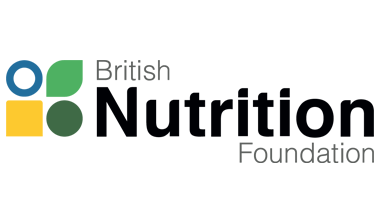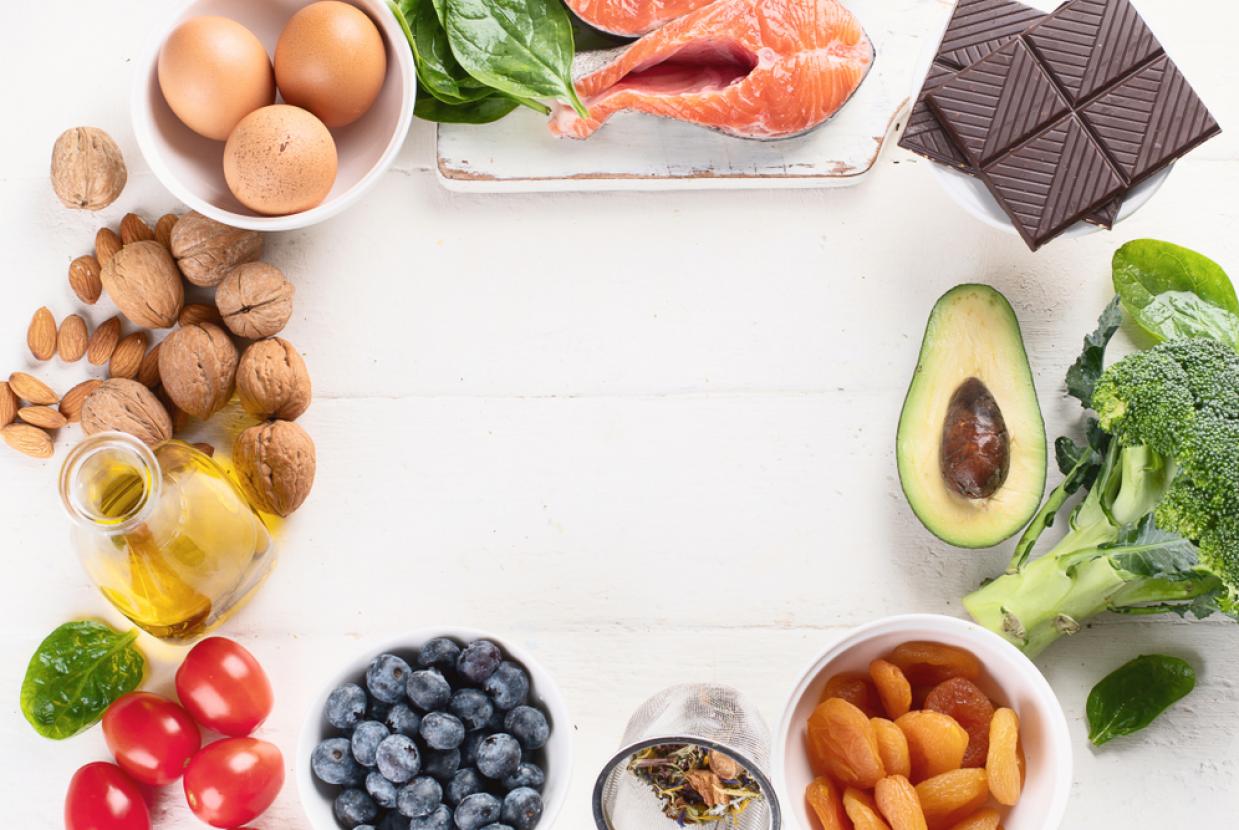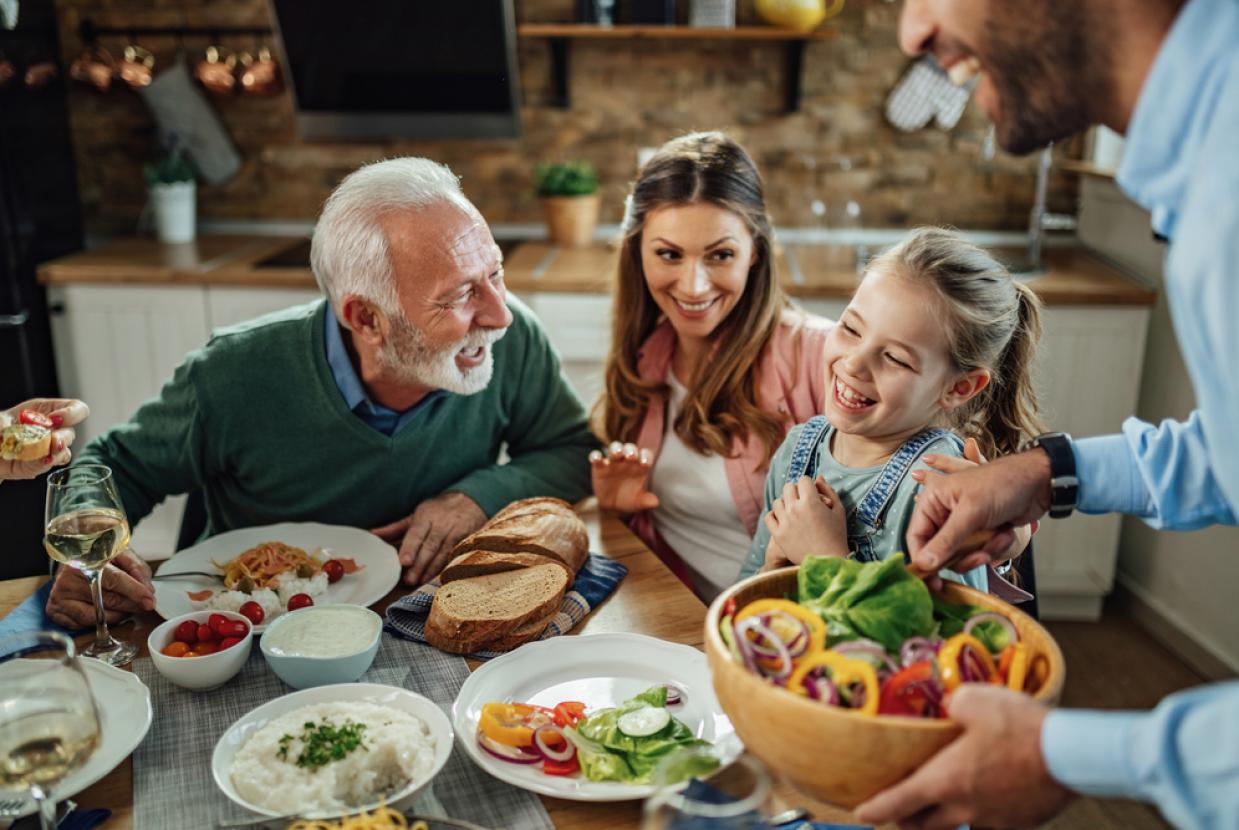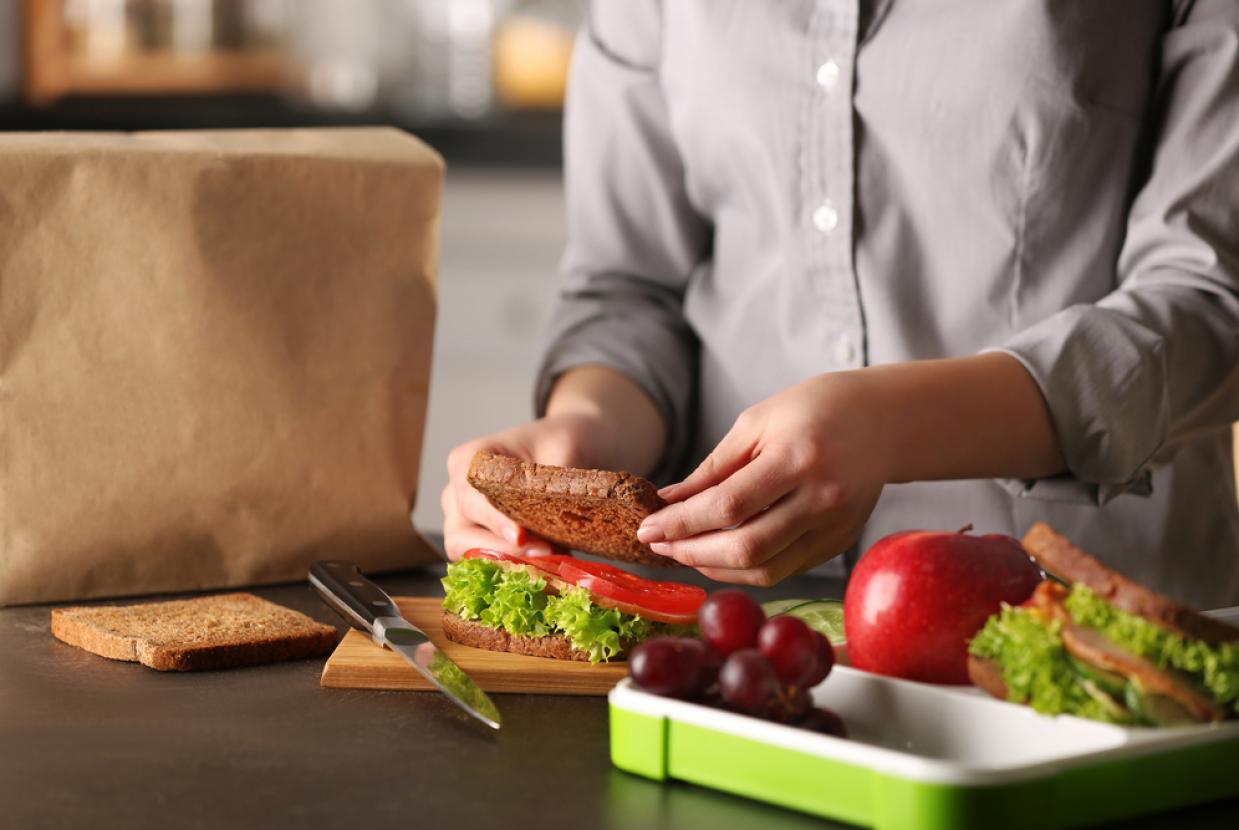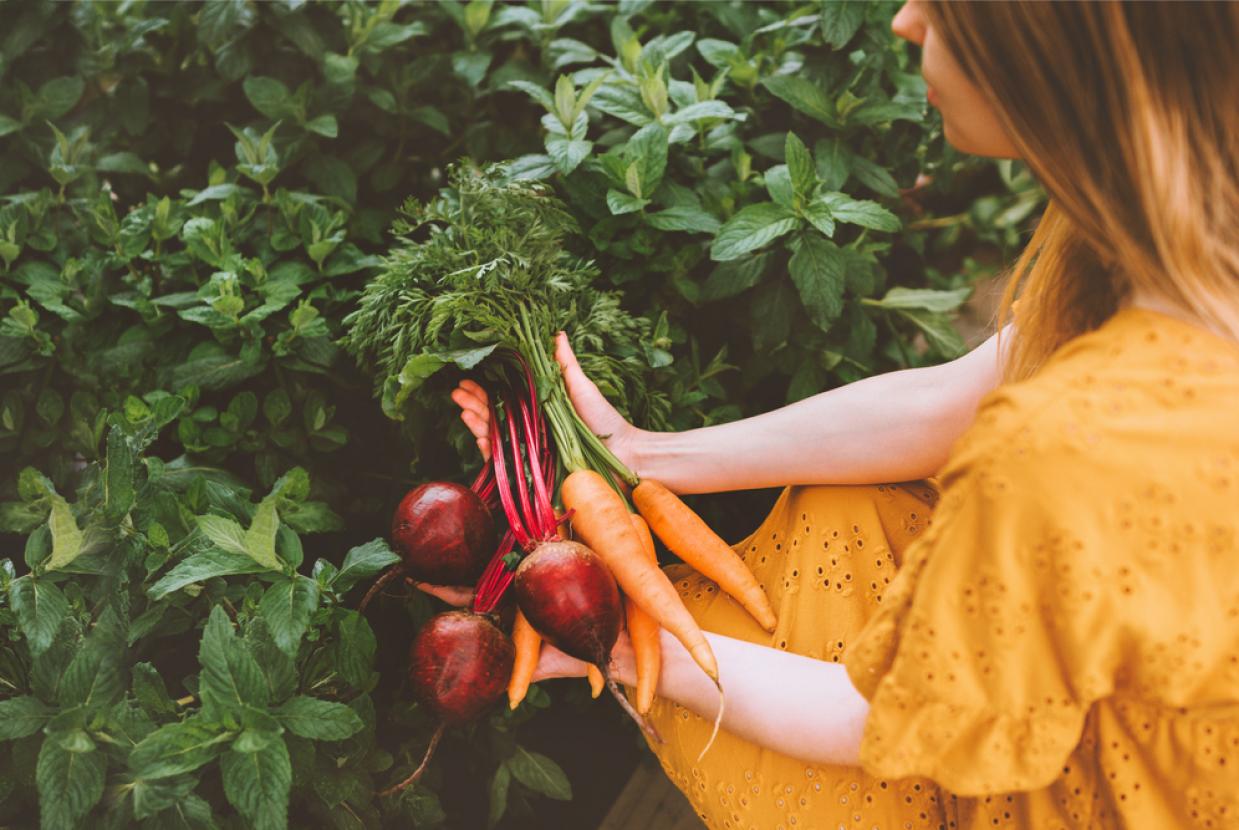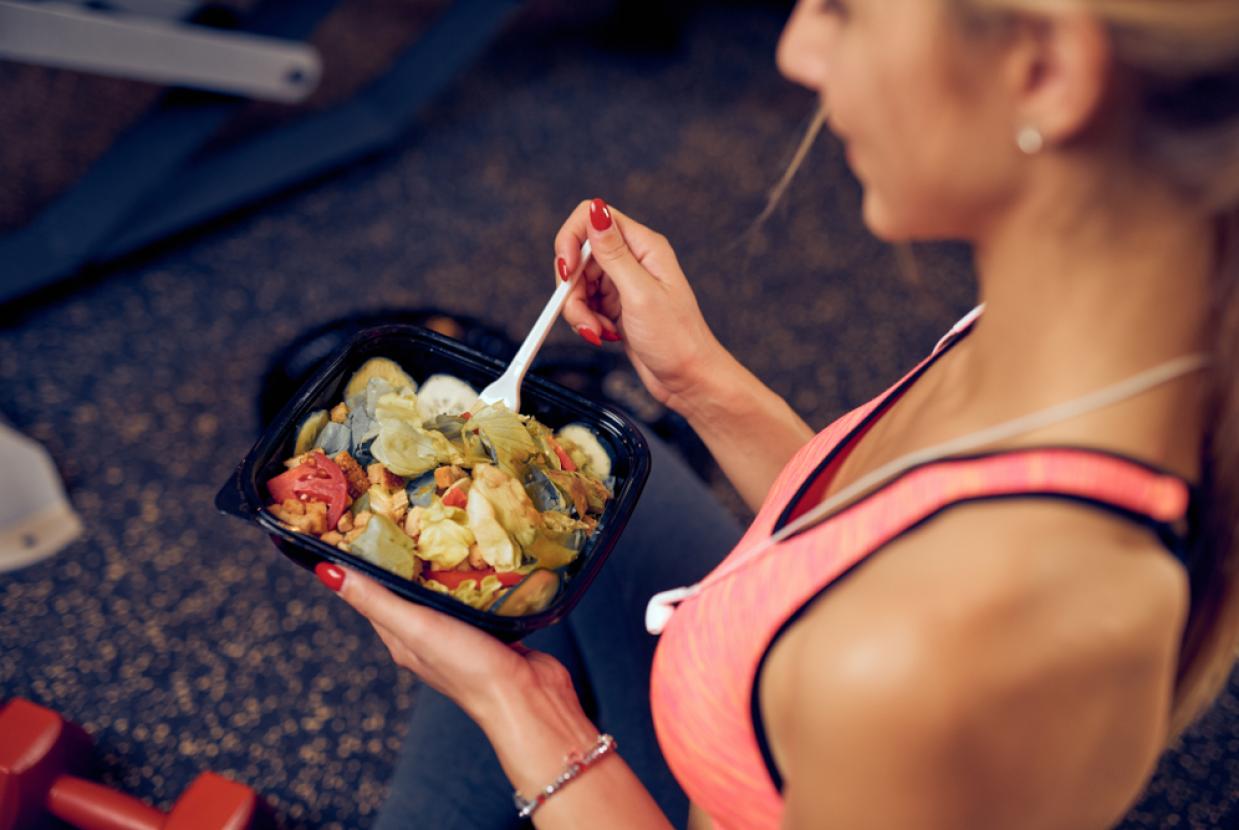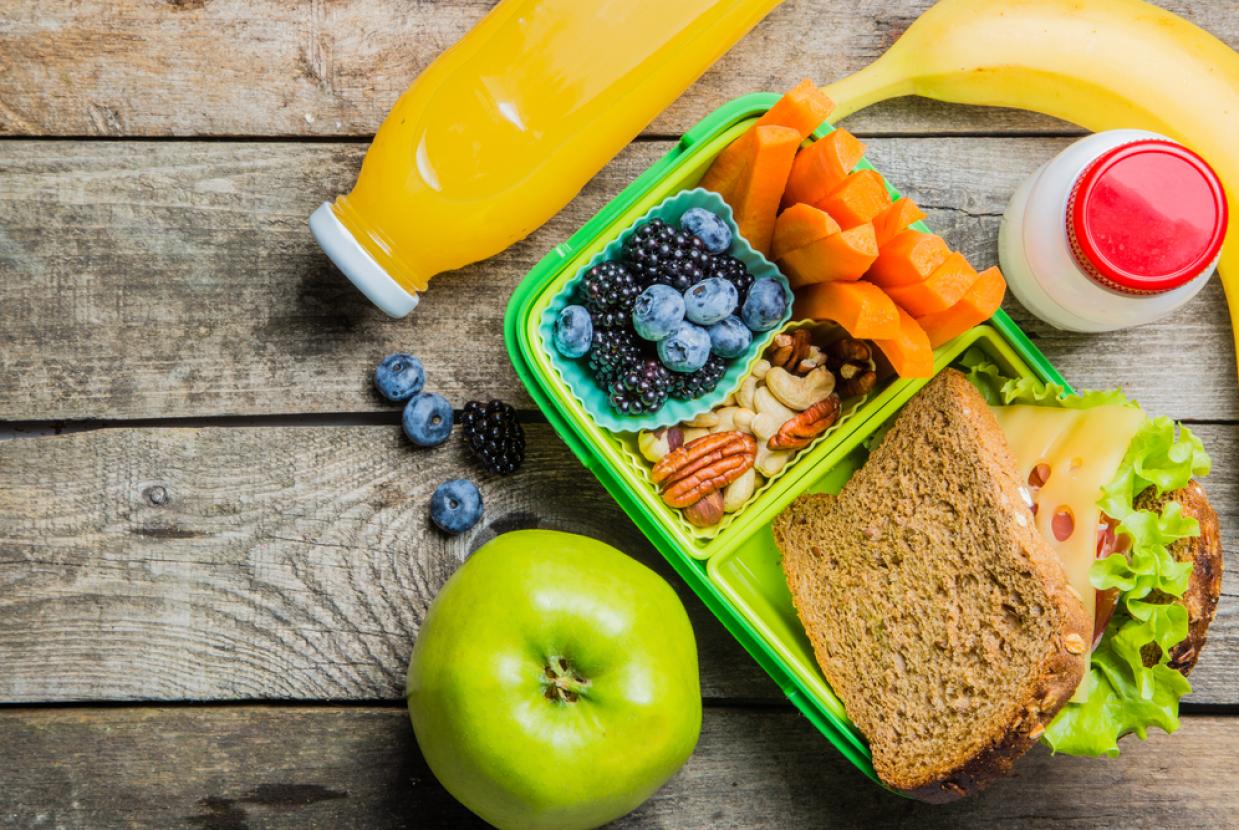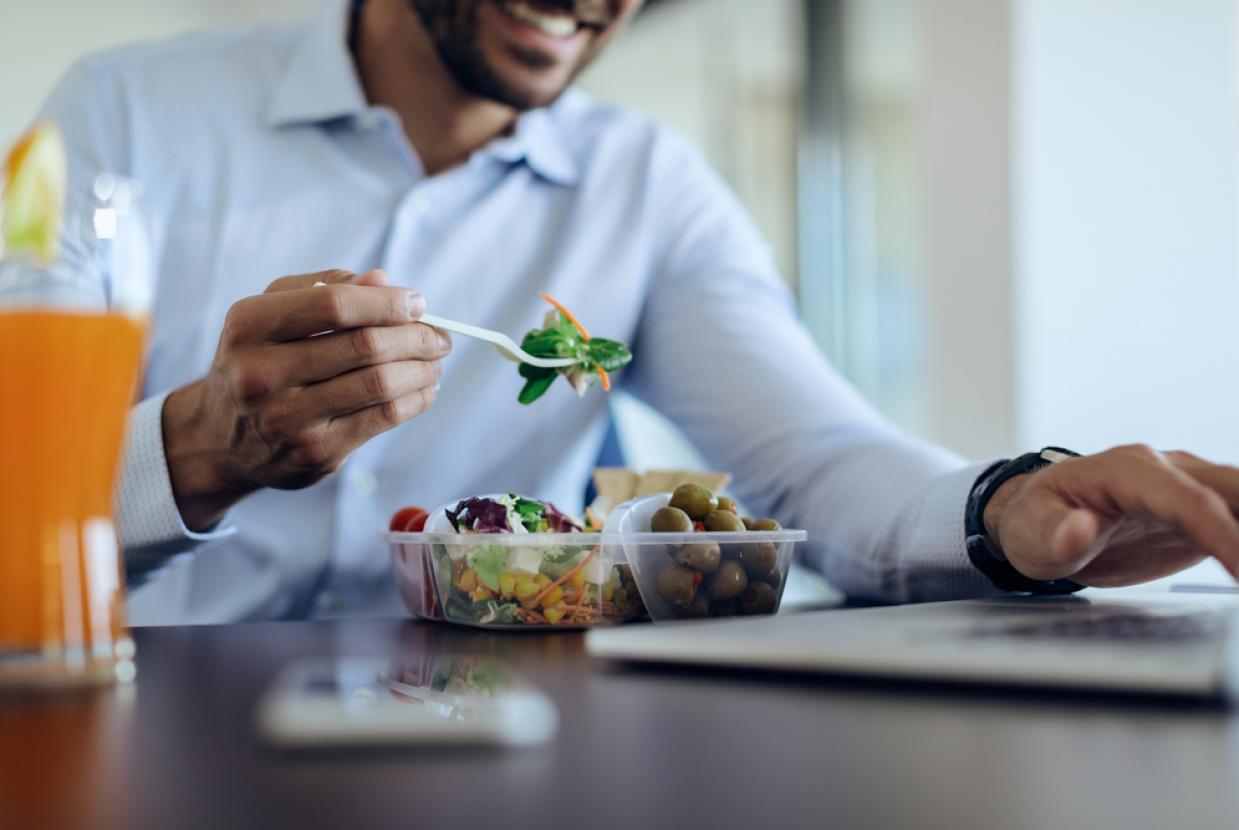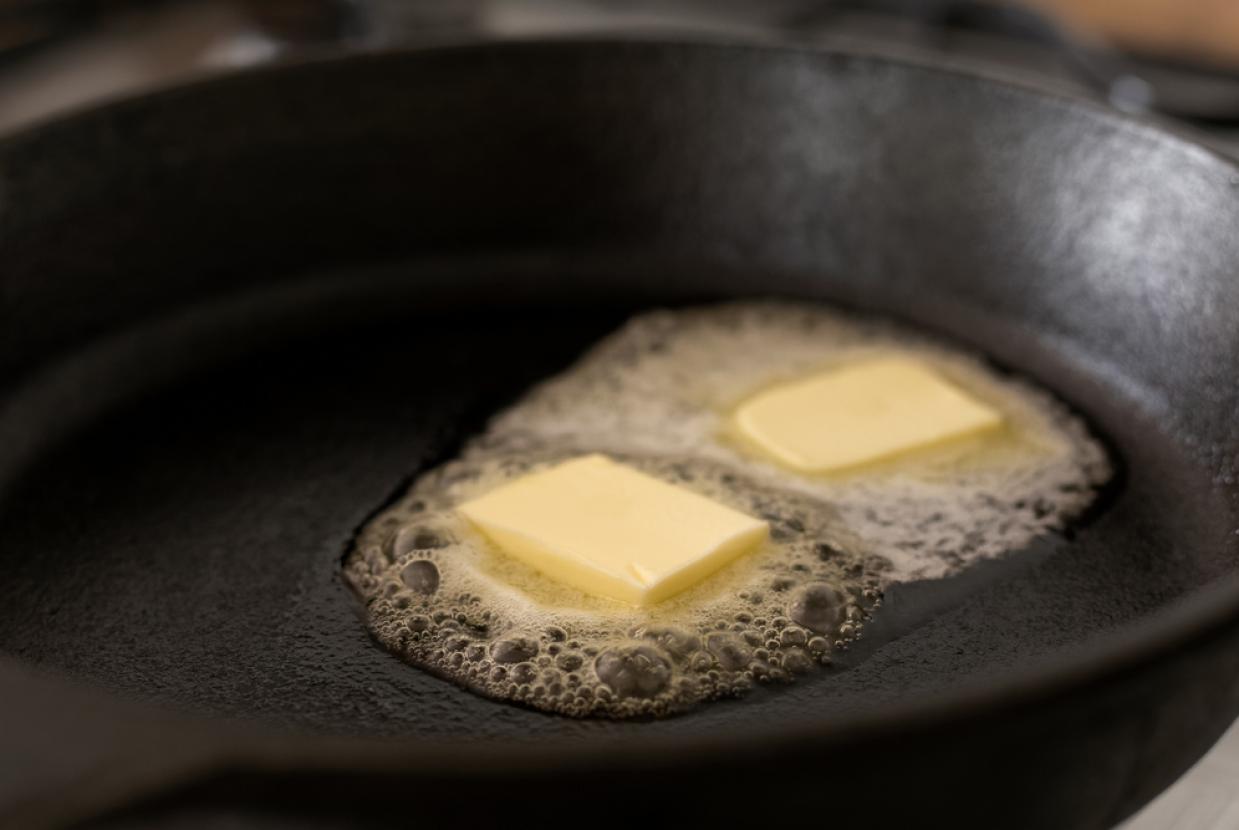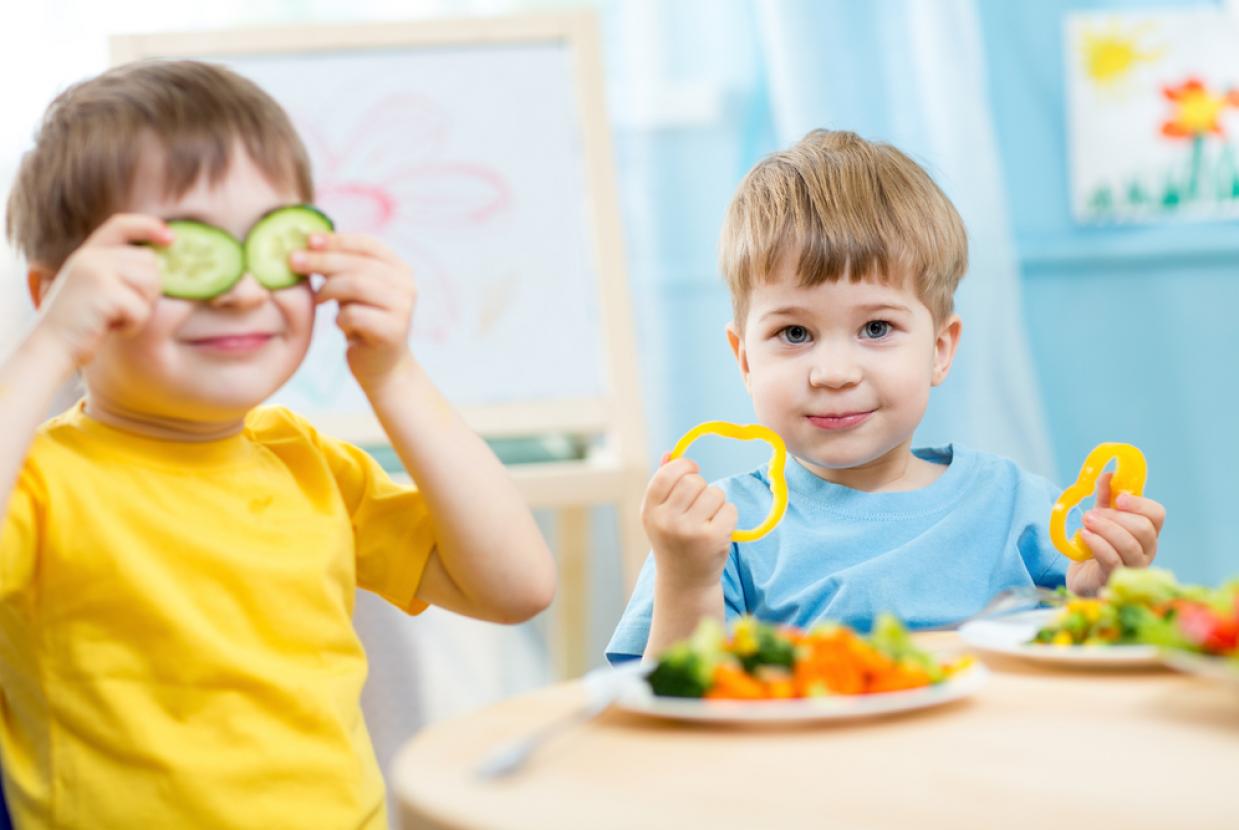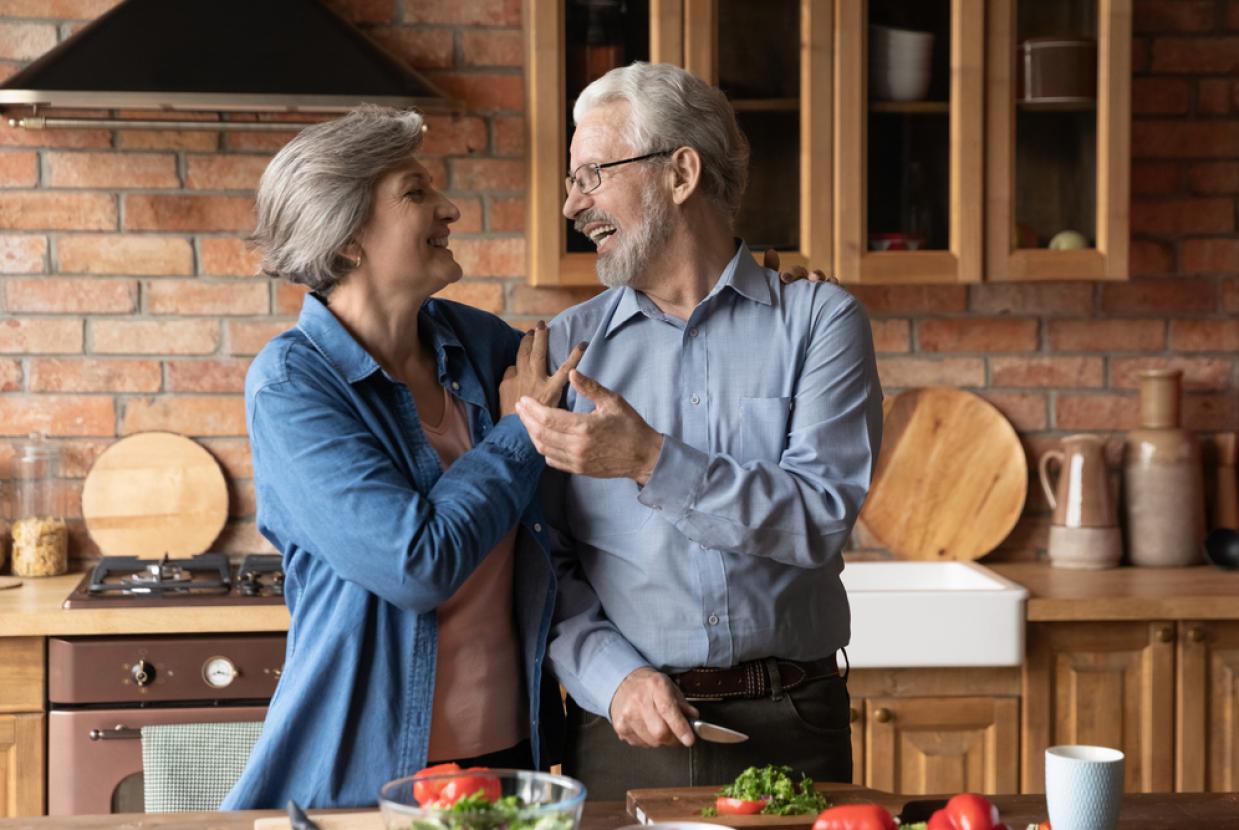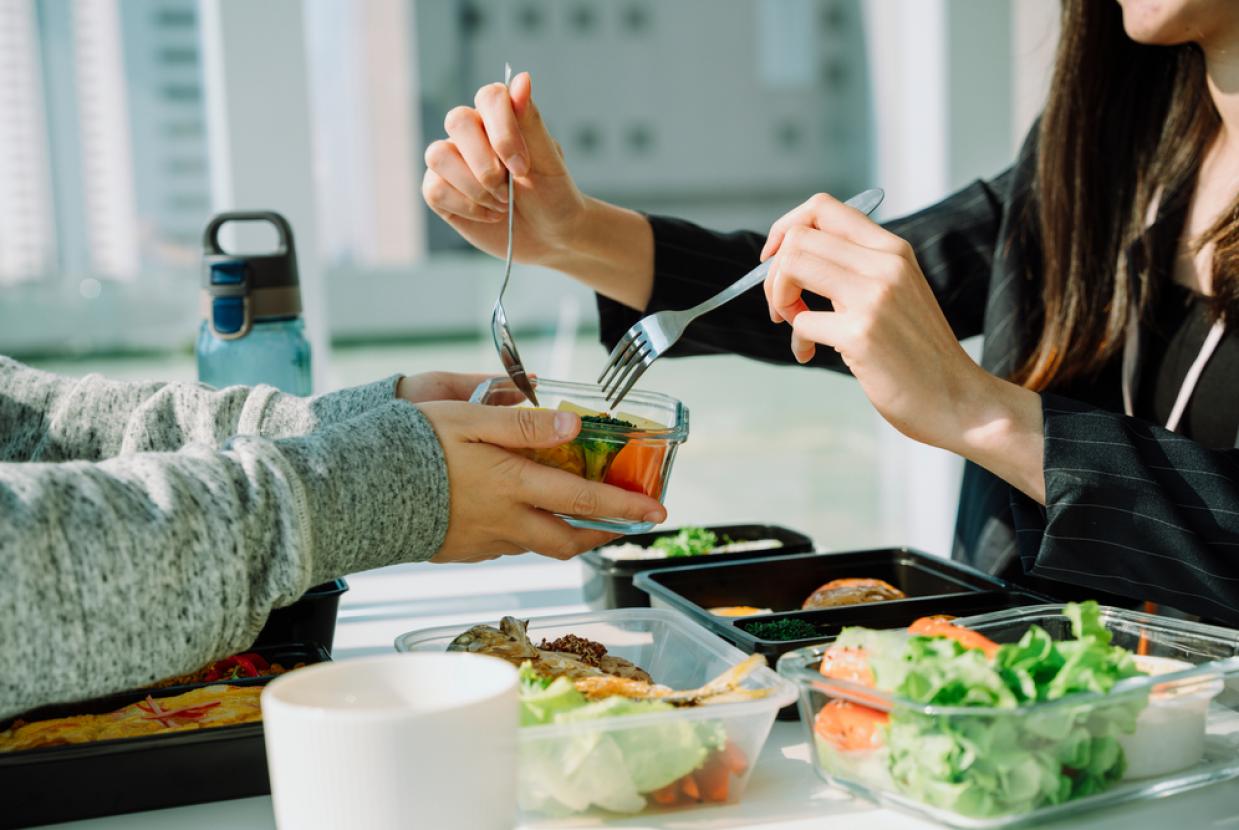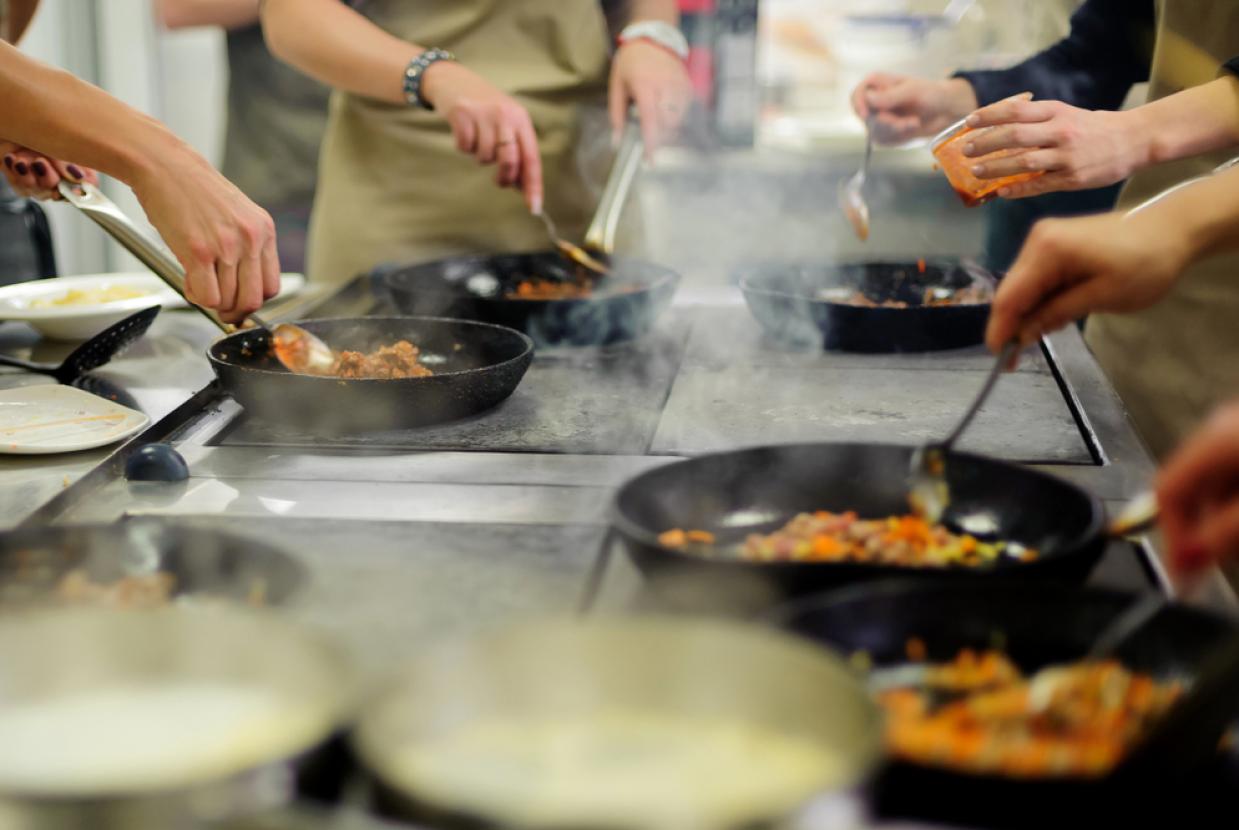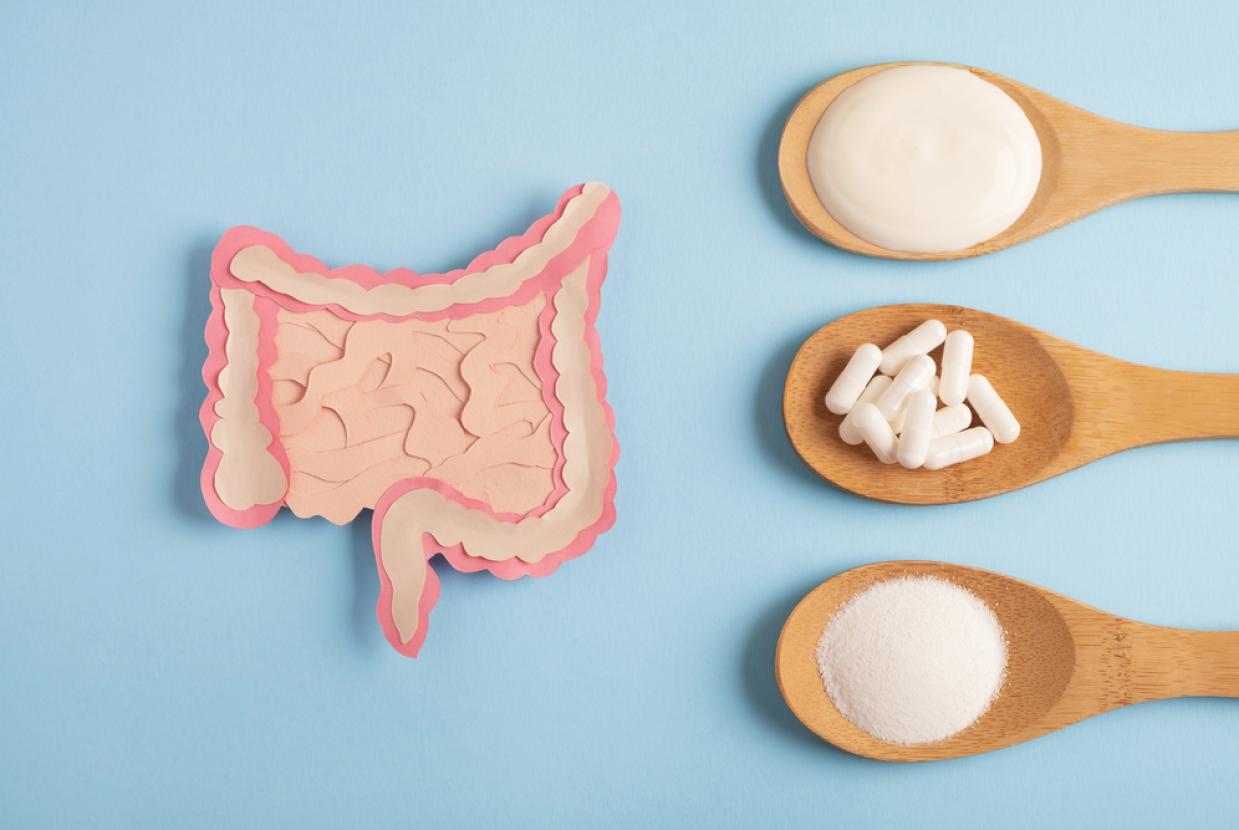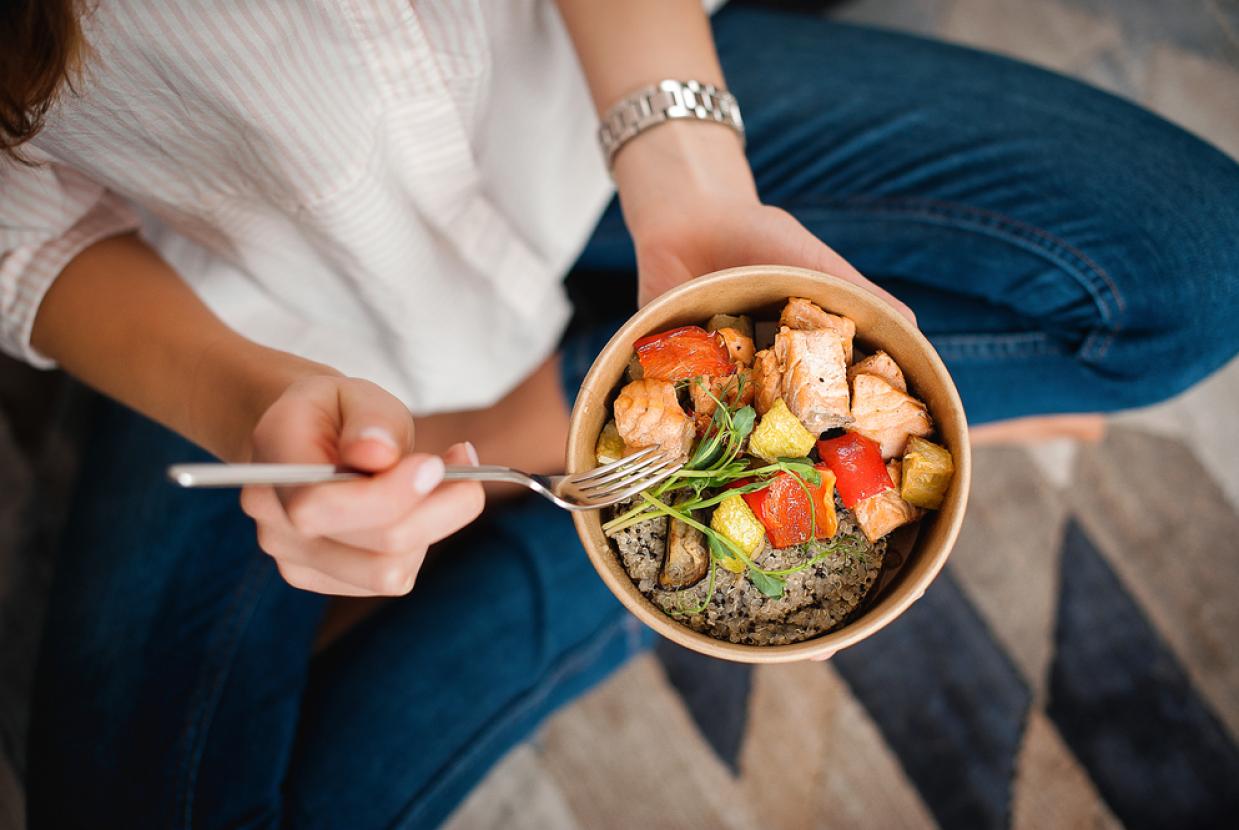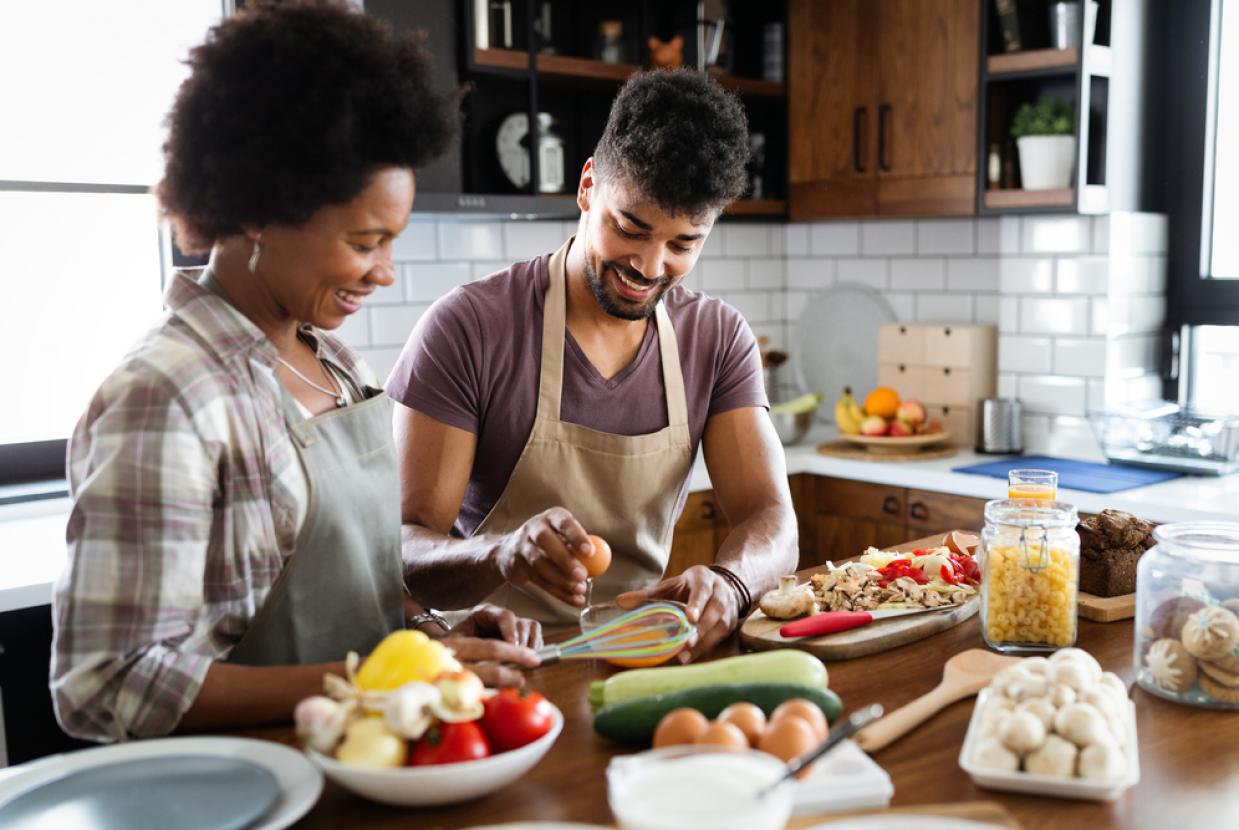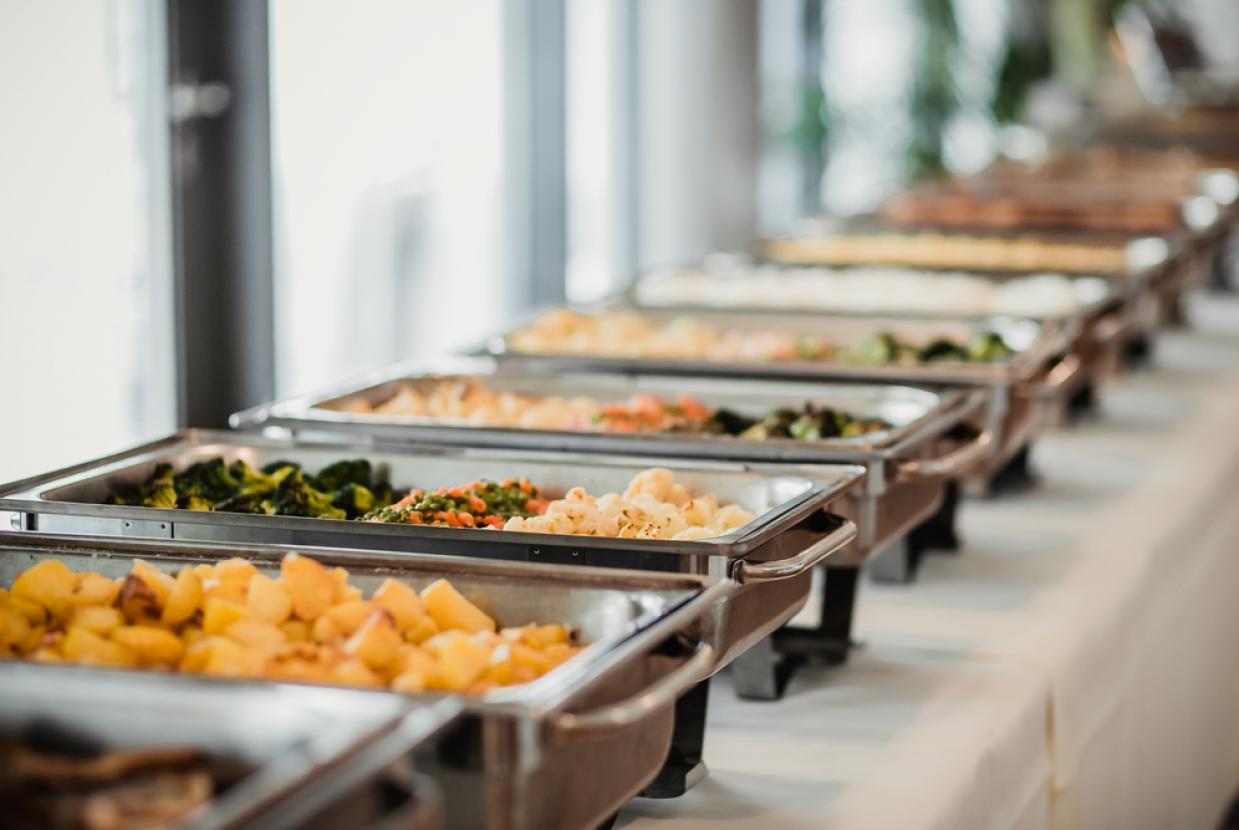Shop Smart, Cook Smart, Eat Smart
Healthy Diet / Cost of Living HelpThe cost of living has gone up. The rise in food, energy and fuel prices will affect many of us. Surveys report that the concern about the rising costs of living is linked with spending less on food shopping and essentials.
With more of us living on tight budgets, eating a healthy, balanced diet can be challenging. In this article, we look at some tips to help make your money go further when shopping and look at some of the nutritious foods that are lower in cost.
8 tips to help you save money on food
1. Plan meals ahead and write a shopping list
Look at and make a list of the foods you have at home, whether in the cupboard, fridge or freezer so that you can use them in your meal planning. Planning can make it less likely for us to be tempted into buying unnecessary items and can help us cut down on waste and save money.
2. Look for special offers
Stock up on long shelf-life products like dried pasta, rice, noodles, dried or canned beans and pulses, canned tomatoes and breakfast cereals. You may also find foods reduced in the supermarket later in the day and these may be great for your freezer.
3. Is it really good value?
It can be hard sometimes to compare the prices of foods in different pack sizes. You can sometimes find the cost per 100g or 100ml in small print on the shelf label that will help you quickly check - use your phone's calculator to help. Be careful as sometimes the shelf label may not be updated to reflect special offers or promotions and sometimes different measurement units are used.
4. Try supermarket own brand or value brand products
These will normally be cheaper than branded products. If you like branded products and they can be stored in a cupboard or frozen, try to stock up on these when they are on offer (if you have enough space at home). You can also look at the local sellers in your area – greengrocers, butchers, markets and fishmongers, where you may find some foods cheaper and you can buy the exact amount you need. Specialist diverse food shops like Asian stores can have spices and chillies at a good value. Do also check the supermarket world food aisle as you may find some items cheaper here. You can also grow your own herbs with little space – like on a windowsill.
5. Make your meat go further – add beans and vegetables to dishes
You can add chickpeas to a chicken curry, lentils to a meat-based pasta sauce, or tofu to a stir fry. A whole chicken can be good value, especially if you use it for more than one meal. There are many ways you can use up your leftovers. Frozen meat tends to be cheaper if you have the storage freezer space. The government advises us to keep the amount of red and processed meat you eat to no more than 500g (cooked weight) per week as eating a lot of these can increase your risk of bowel cancer.
6. Choose canned oily fish in oil or water
Canned fish like sardines and salmon is normally cheaper than buying fresh fish, is easy to prepare and has a long shelf-life. Canned oily fish is high in omega-3 fats, which can help to keep the heart healthy and is a source of vitamin D, an important nutrient for our bones and muscles. Frozen fish is also a good value choice and can be used in a range of dishes including fish pie. If there are special offers on fresh fish, you could also take advantage of these and freeze any that you are not going to use straight away.
7. Check the frozen and canned fruit and vegetable section
Frozen vegetables tend to be cheaper than fresh, and they still count towards your 5 A DAY. Freezing preserves nutrients so that some frozen vegetables can even give you more of certain nutrients than fresh versions. Using frozen fruit and vegetables also can help you reduce food waste as you can use the exact amount you want when you want it, avoiding wasting fruit and vegetables that are past their best. Canned fruit and vegetables are also good choices but watch out for canned fruits and vegetables that have added sugar (syrup) or salt and opt for those in fruit juice or water instead.
8. Cook smart
There may be some changes we can make to reduce energy costs when cooking such as cooking in bulk, defrosting your fridge and freezer, keeping the lid on pots when boiling food and cooking several dishes at once if you do use the oven can help you use less energy when cooking.


